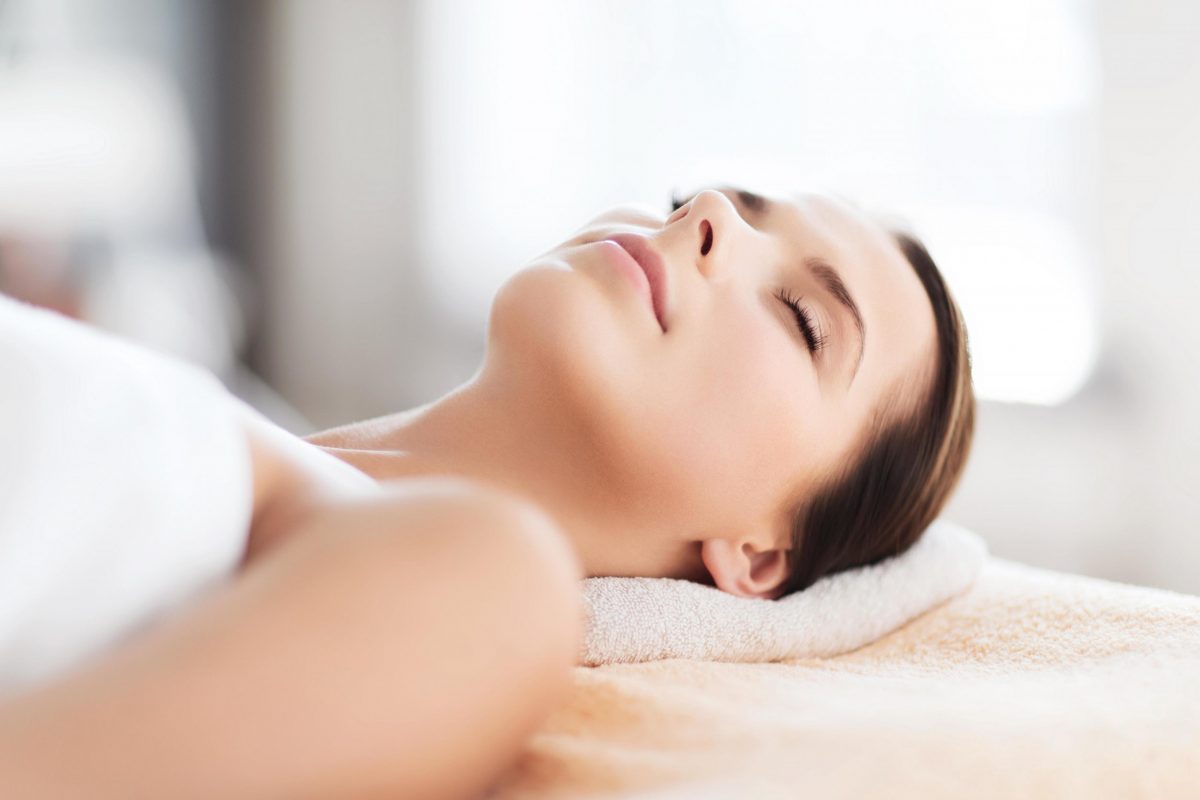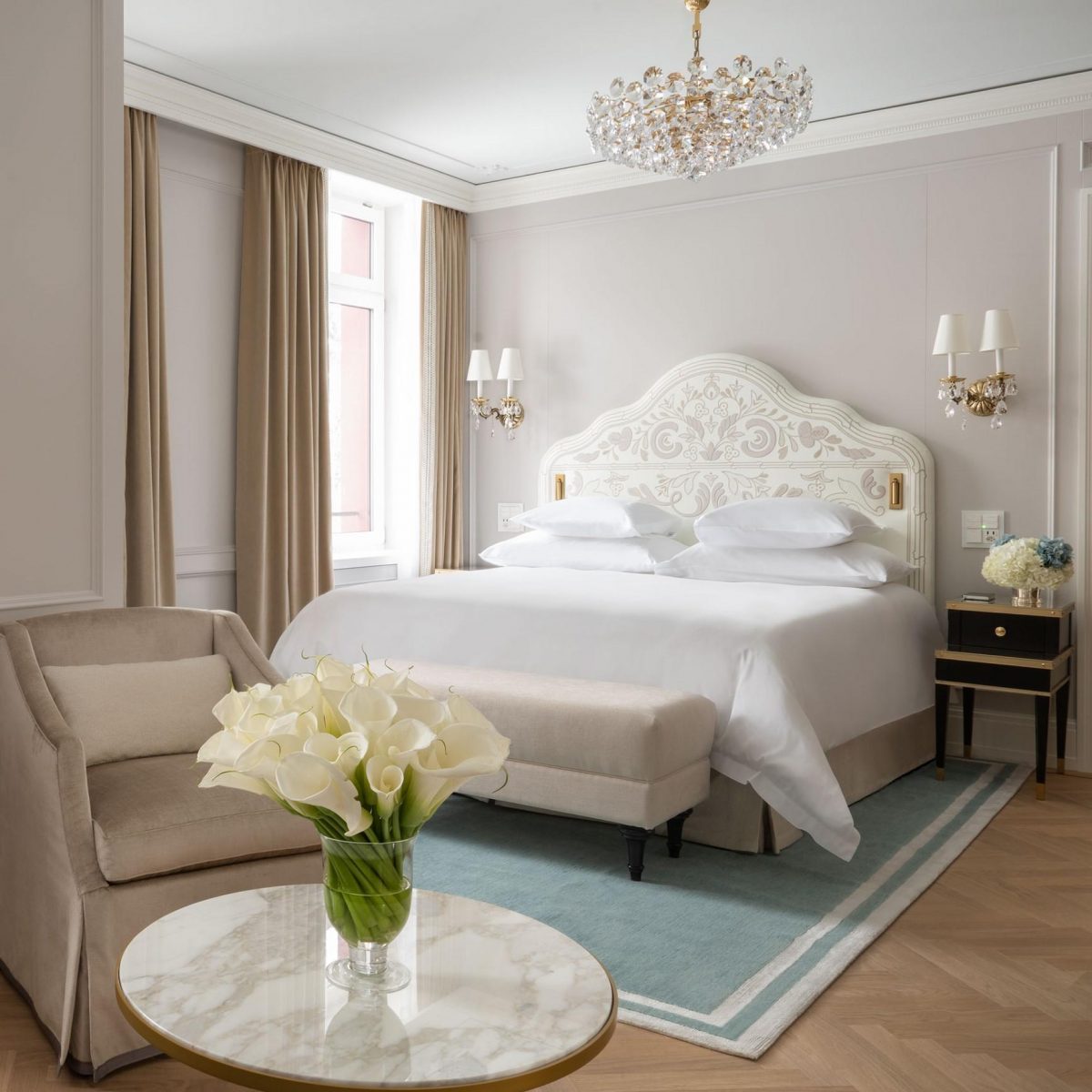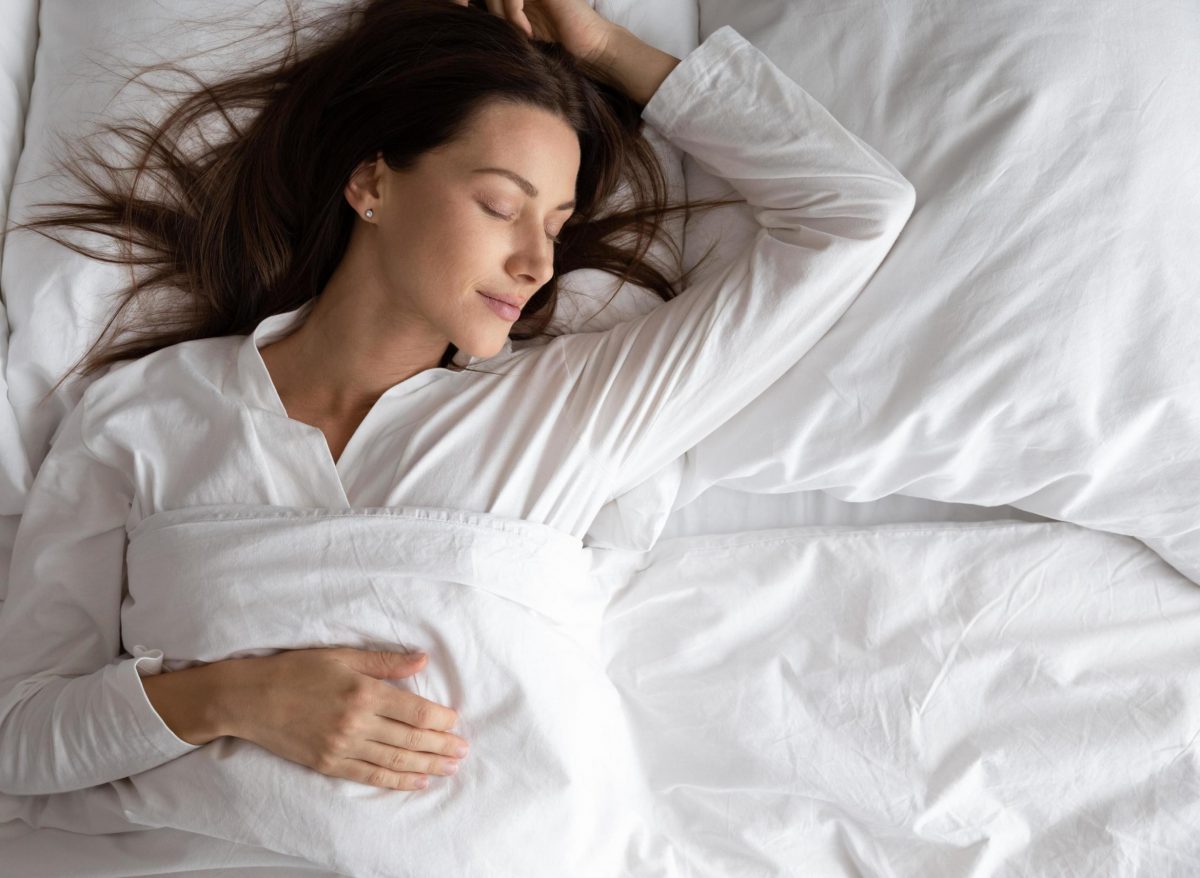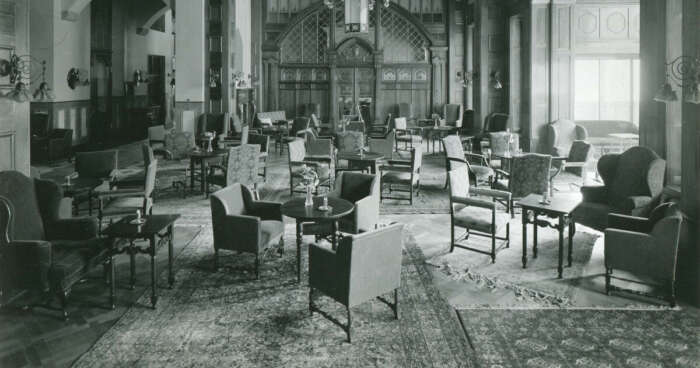Sleep. It’s a small word with enormous importance, especially for those who aren’t getting enough of it. We spend a third of our lives in bed, yet two-thirds of adults in developed countries fail to obtain the nightly eight hours of sleep recommended by the World Health Organisation.
Our inability to sleep well is storing up a tsunami of problems both in the short term – a bad night’s sleep means you feel tired, irritable and lethargic the next day – but also, crucially, in the long term. Without enough sleep (sleep deprivation is classed as anything less than seven hours a night) the brain cannot function properly. Our physical and emotional wellbeing depends on it; recent scientific studies have linked chronic sleep deprivation to diabetes, obesity, Alzheimer’s, cancer and poor mental health.
Colin Espie, Professor of Sleep Science at the University of Oxford in England, pulls no punches when he says: “We must not trivialise sleep as if it were just a lifestyle choice, or something to do if we have time in our busy schedules. Sleep is a life-sustaining force and a lack of sleep, whether through our neglect to give sleep enough space in our lives or through having a sleep disorder, is hugely important.”
So, what can you do to help ensure a good night’s sleep? There’s a huge swathe of evidence-based advice available in books and online for the sleep-deprived, but it seems there is no one-size-fits-all approach; it is more a case of trial and error to find out what works for you. That said, there are some tips that have been scientifically proven to help.

A good environment
The human body needs to drop its core temperature to initiate sleep, so it is important to keep your bedroom cool. An ideal bedroom temperature is between 17 and 19 degrees Celsius (62 to 66 degrees Fahrenheit). Good quality bedding in a high thread count natural fibre, such as Egyptian cotton, is known for its breathable qualities and helps keep the body cool in summer and warm in winter. Goose down and feather duvets are known for their breathability, too. Investing in a high-quality mattress, bedding and pillows that suit your style of sleep is important.
“A bed is one of those things in life where you get what you pay for,” says Professor Espie. “As you would expect, the quality of your bedding has a huge impact on the quality of your sleep. But beds and bedding are often not an area that we consider worthy of investment. Personal preferences play a large part in what bedding is right for any individual. The key here is to experiment.”
Keep your bedroom dark and gadget-free. The blue light given off from phone and laptop screens has been shown to disturb the body’s natural body clock and postpone the release of melatonin, which tells us we are tired. Ideally avoid looking at a screen (including televisions) for around an hour before bed. The sleep anxious should turn clocks away as checking the time when you are struggling to sleep has been scientifically proven to make your ability to sleep progressively worse.
It’s all about a routine
Sleep scientists agree that keeping to a bedtime routine is an important first step to a good night’s sleep as it helps stabilise the body’s circadian rhythm. This means going to bed and waking up at the same time, even at weekends or on holiday when it is tempting to have a lie in. A relaxing activity such as reading or listening to music should be part of your bedtime ritual. Getting into the routine of writing down any worries or stresses from the day before bed is a good way to alleviate any anxieties that seem to explode into worst-case scenarios as soon as your head hits the pillow. It is important to remember that it is perfectly normal to wake up several times in the night. If, however, you do not get back to sleep after 15 minutes, do not stay in bed. Get up, turn on a dim light and read until you feel sleepy before going back to bed again.
No to napping
Although it is sometimes tempting to nap during the day, especially after a poor night’s sleep, it can interfere with your sleep pattern. “If you have trouble sleeping, you may feel tempted to catch up on sleep by taking naps,” explains Professor Espie. “However, unless you are feeling dangerously sleepy while driving or operating machinery, for instance, this usually does more harm than good as it makes it more difficult to sleep at night. If you feel tired during the day, get up and take a walk around, get some fresh air ̶ regular exercise is a great way of helping you sleep better.”

Sweet dreams at Badrutt’s Palace
When it comes to sleeping well, Badrutt’s Palace has an array of choices available to guests, ensuring they enjoy the best night’s sleep during their stay.
Enormous beds and luxury bed linen come as standard at the Palace. Sergio Fagioli, Director of Rooms, says: “Guests will find 600 thread count Egyptian cotton bed linen, and duvets filled with white goose down and feathers, which provide both warmth and lightness at the same time.
“Our mattresses come from a company in Italy that supplies the best hotels. They are 30 centimetres (12 inches) deep and have high-thickness triple-layer performance padding and Active Support technology inside. Our beds have medium support mattress toppers as standard, but according to preference we can replace it with a softer or harder one.”
The hotel’s recently refurbished rooms offer clever design touches such as the use of pastel colours for the walls in light blue and beige tones. These ensure that the sun’s reflection is not too strong during the day, yet at night they give a warm feel to aid guests’ relaxation.
Relaxation is in abundance at the hotel’s Palace Wellness spa, which has a comprehensive menu of therapies and experiences specifically aimed at rest and relaxation. One of the most tempting on the menu is the Stress Relief Immune Booster Therapy. This massage aims to de-stress, instil balance and strengthen the natural functions of the immune system. It activates the internal system to dispel toxins while opening the energy flow within. The deep rhythmic massage movements along with calming vibrations of Tibetan singing bowls are highly effective at returning the mind and body into a unified state of calm.
Finally, there is nothing as sleep inducing as spending a day outside breathing in the fresh mountain air of St. Moritz to help you enjoy a really good night’s sleep. More oxygen in the air outside increases serotonin, which makes you feel calm, happy and at ease. Sleep well and sweet dreams.

















